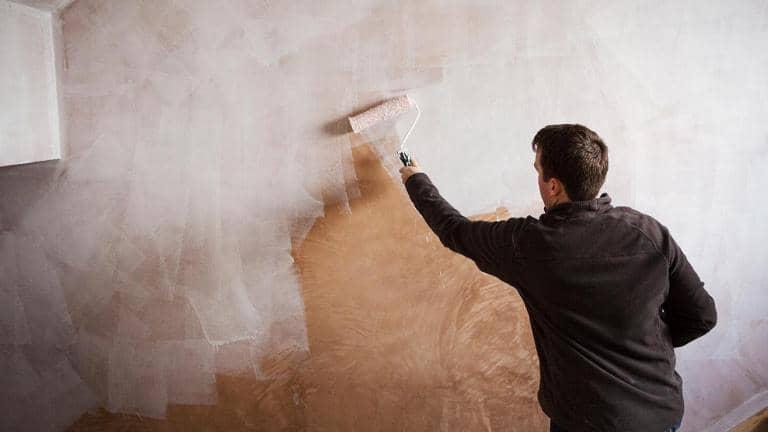
Mortgage support hub
Need help with your mortgage? Visit our support hub to get all the latest mortgage information and find out more about the government’s new Mortgage Charter.

Unlock your dream home
Whether you’re buying, moving or improving your home, our mortgage experts are on hand to help any day between 7am and 8pm (except bank holidays)1.
Your home may be repossessed if you do not keep up repayments on your mortgage.
Applying for a mortgage
Whether you want to buy a first or new home, remortgage your current property, borrow more or buy to let – we’re here to help. You’ll find guides to the types of mortgages we offer and tips on applying for a mortgage. You can also find out if you’re eligible under the mortgage guarantee scheme to apply for a 95% mortgage.
Need help with your mortgage? Visit our support hub to get all the latest mortgage information and find out more about the government’s new Mortgage Charter.

Living a more sustainable lifestyle
A greener home is all part of living a more sustainable lifestyle. Discover some bright ideas from a range of energy-saving tips to information on renewable energy sources. You can also find out information on the latest offers available for our residential mortgage customers.
Start the journey to your first home
Find out how to buy a home and take out a mortgage, get tips on what to do if you can’t save the deposit you need and work out much you could borrow.
Switch your mortgage with confidence
It’s easy to switch – whether you’re moving, improving or looking for a new rate, we’re here to help every day of the week1.
If you’re thinking of buying your dream home, we’re here to help seven days a week (except bank holidays). Call our mortgage experts any day between 7am and 8pm1.

Mortgages, guides and tools for property investors
Whether you’re thinking about buying to let or expanding your property portfolio, explore some mortgages, tips and insurance deals to help with your plans.
Work out which kind of mortgage you could afford
Use our mortgage calculators to work out how much you could borrow and how much deposit you need for a mortgage.
Take the first step to your mortgage
Start an Agreement in Principle (AiP) online to find out quickly if you could borrow the amount you need – without affecting your credit score.
Manage your mortgage with us
Manage your mortgage, apply to borrow more, switch to a new rate or get help if you’re concerned about your ability to make payments.
See what’s happening with Track It
We’ll send you a Track It reference any time you submit an application that you can track online.

Start your adventure
Expert tips and guides to help you prepare as you set off on the path towards your first home.

How remortgaging works
Find out why moving your mortgage to us from your current lender could be right for you – and how the remortgaging process works.

Practical tips for landlords
Read our tips on how to become a landlord – from choosing a property and mortgage, to understanding your tax liabilities and legal responsibilities to tenants.

See your mortgage details and make changes easily and securely in our app2 and Online Banking.
You can also check our full mortgage range [PDF, 286KB] to see if our other mortgages are suitable for you, download our tariff of mortgage charges [PDF, 265KB] and read our legal information.
Our mortgage experts are available Monday to Friday from 7am to 8pm, and from 7am to 5pm at weekends. To maintain a quality service, we may monitor or record phone calls. Call charges.


